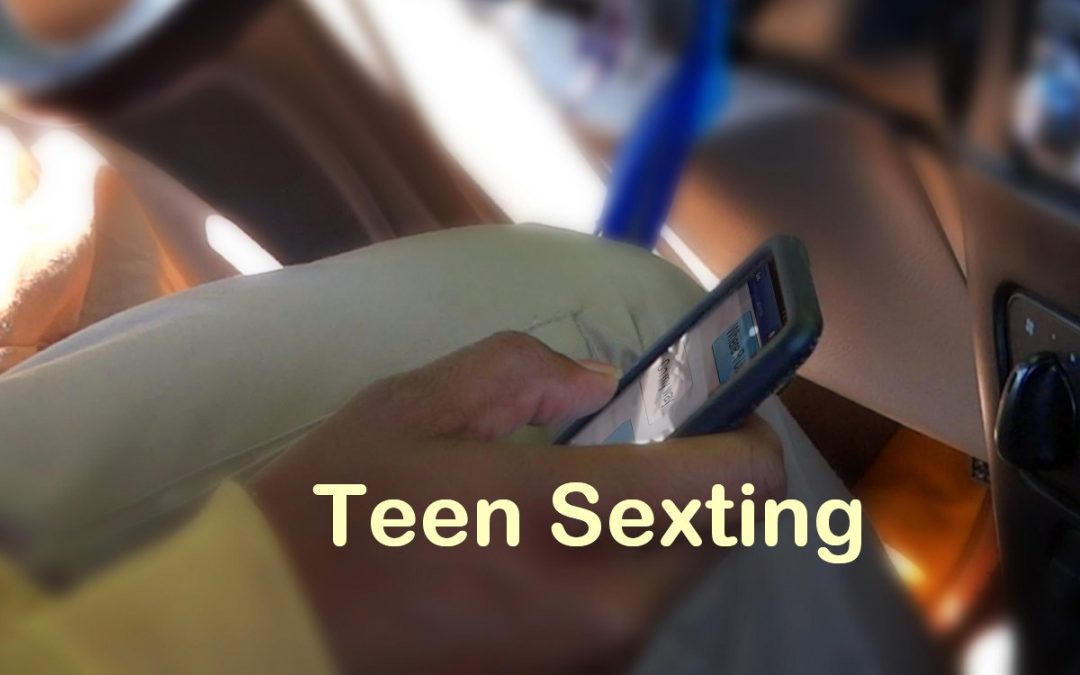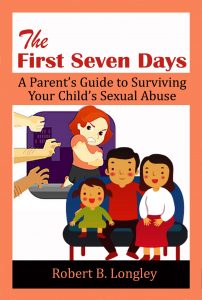A recent incident with a Connecticut football team sharing pictures of girls has gone from a slap on the wrist and a forfeited game, to potential charges of child pornography. I don’t know who first came up with the idea of teen sexting. It was probably inevitable given the available technology. Then you have magazines like Vogue and Cosmopolitan giving you helpful tips to make your sexts tantalizing. Officially these magazines are targeting professional women between 18 and 30 something. But whether it’s teenagers reading mom’s copy, or girls wanting to be older and like the women in the magazine, you now have a problem.
Teen Challenges
Teens have lots of challenges. On the one hand parents want them to grow up and be responsible. And on the other we don’t want them to grow up too fast. Within their age group there is constant pressure to fit in. There are measures of “coolness” that often are associated to athletic prowess, looks, use of drugs or alcohol, and whether you are willing to engage in sex. These items haven’t changed much probably in the last century. Technology unfortunately has changed things.
The tools of a child pornographer are pretty simple. You just need access to children and the ability to get naked pictures of them. That usually just requires a camera, and usually a way to share/sell them. When the laws covering child pornography were created no one realized that children would be taking the pictures themselves and sharing them. We think of child pornography as exploitative Sexting is about fitting in as much as it is about trying to be intimate.
For some reason, children will think nothing of being the 9,000,000th person to share an image of a cat video. But they won’t come to the conclusion that the naked picture of themself might be shared by more than just the person they sent it to. They definitely aren’t coming to the conclusion that what they are doing is probably illegal for both the person taking the picture and the person receiving it.
Teens Sexting
Texting and teens are almost synonymous. My youngest daughter once broke up with a boy because he wanted to talk to her more on the phone. “Why can’t he just text like everybody else?”. We don’t have to worry about them using up our minutes. The only people teens call are their parents. With the increase of cameras and camera apps, texting is now more about pictures and video than it is about text. Teens will share almost everything. That’s where the problem starts.
We all have an age when we feel comfortable with the idea of our children should engage in sexual activities. They probably don’t share the same number. The chances are that your state has a legal age which doesn’t match either. This is where teen behavior can cross the legal line into criminal activity. Like it or not children are sometimes engaging in some form of non-abuse sexual activity as young as 11. Most are clearly older, but lets use a typical example of a 14 year old girl who wants to show how much she loves her 18 year old boyfriend. If she decides to take a naked selfie of herself and sends it to her boyfriend, in most cases she is breaking the law. A case could also be made that he is breaking the law by receiving the picture.
Taking this one step further, if the boyfriend’s friend happens to use his phone, finds the picture and sends it to a few friends, they’re all breaking the law. If this was being done by someone with different motives, we would typically label the girl as a victim and those possessing and promoting the images as sex offenders. So should the rules apply equally for all circumstances?
Laws and Technology
Laws don’t always keep pace with technology. So far I don’t know of any state laws that have adequately addressed this problem. It gets even more complicated when you consider that underage girls who might produce a naked selfie are not legally able to consent to sexual activities. So who is response for the actions who can’t legally consent? Parents can often find themselves in the legal cross-hairs of these situations. Thanks to the marvels of technology there is a permanent record of these images somewhere. So you no longer have the option to just forget about it. What’s worse is that you don’t know the circumstances of why a particular picture was taken. Was it a present for a boyfriend, or an exploitative picture by a distributor of child pornography?
I personally believe that teen sexting should not be a crime. It is simply stupid activity that should be discouraged. I don’t have all the answers to addressing the problem, but here are a few ideas to consider:
- Talk to you kids about teen sexting. Remind them that anything they say, photograph, or video will live forever in cyberspace.
- have juvenile review boards review whether the teen sexting pictures were taken for pornographic purposes or not.
- Have fines for inappropriate dissemination of underage pictures by persons under 21
- Give persons photographed options for erasing their digital footprint
- Give all persons photographed automatic copyright for all naked images of themselves. This sounds complicated but it has helped stem the spread of unauthorized images and gives persons photographed some recourse.
Let us know if we can help you dealing with your family’s sexual abuse situation. For ideas to get started please check out our book on what to do during the early days after disclosure.

